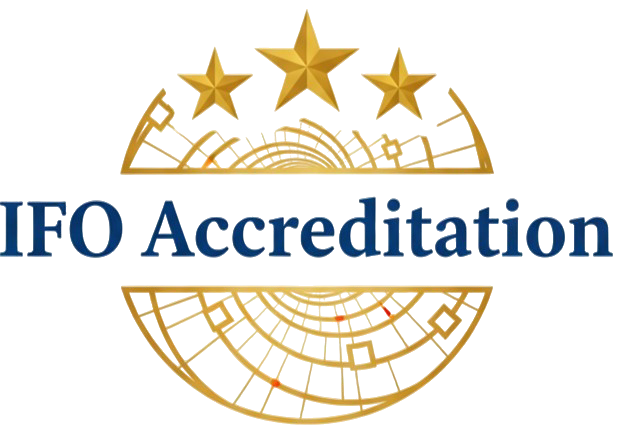Introduction to Ethical Practices
“Accreditation requires not only academic excellence but also the highest standards of integrity. Ethical practices ensure transparency, accountability, and fairness in every aspect of institutional operations.”




“Strong ethical practices build the foundation of trust between an institution and its community. By prioritizing fairness, accountability, and inclusivity, we demonstrate our commitment to accreditation standards and long-term credibility.”

We Cover
Academic Integrity
Establishing clear policies against plagiarism, cheating, and academic dishonesty, while promoting a culture of honesty and fairness in learning and research.
Code of Conduct
Implementing ethical guidelines for students, faculty, and staff to ensure professionalism, respect, and responsibility within the institution.
Transparency in Decision-Making
Maintaining open processes for academic decisions, financial management, and student evaluations to strengthen trust and accountability.
Anti-Discrimination Policies
Ensuring equal opportunities for all students and staff, regardless of gender, background, or beliefs, in full compliance with accreditation standards.
Suitable Attorneys
Our best business law attorneys will give you good advice
Prof. Dr. Dario Assante
Università Telematica Internazionale Uninettuno
Prof. Dr. Lina Bagdžiūnaitė-Litvinaitienė
Vilnius Gediminas Technical University
Prof. Dr. Euripides Hatzikraniotis
Aristotle University of Thessaloniki
Prof. Dr. Jochen Dickel
FHM Universty Germany
Prof. Dr. Angeles Bueno Villaverde
Camilo José Cela University Madrid
Assoc. Prof. Dr. Andrea Falegnami
Uninettuno University
Orhan Cevik
Fibonacci International Olympiad Charm of the Board








